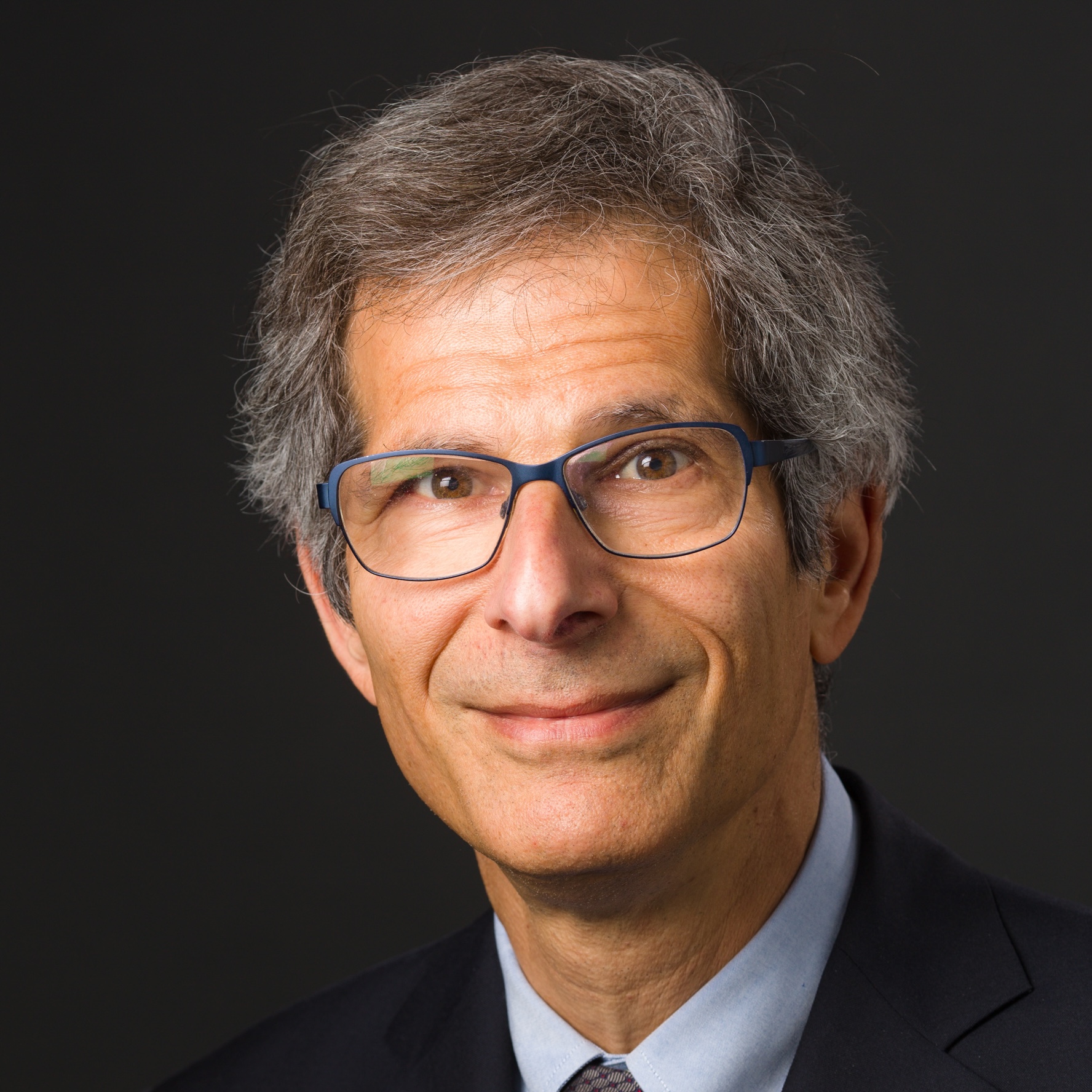Five ways Dr. Kevan Herold has made an impact on translational research

Kevan Herold, MD, the 2025 recipient of the August M. Watanabe Prize in Translational Research, has dedicated his career to tackling one of medicine’s toughest challenges: preventing and delaying the onset of type 1 diabetes. His groundbreaking discoveries have reshaped the future of those living with the disease by opening new possibilities for patients and families worldwide.
He will deliver the keynote address at the 2025 Annual Meeting of the Indiana CTSI in Indianapolis on November 21, 2025.
Nancy J. Brown, MD, who both nominated Herold and received the August M. Watanabe prize in 2021, said she was “thrilled” that Herold had been selected to receive the award.
“Dr. Herold has made critical discoveries leading to the first drug approved to change the course of type 1 diabetes and the first approval for any drug for delay of autoimmune disease before clinical presentation,” she said. “His work exemplifies the power of bench to bedside research conducted at research universities.”
Here are five ways Herold has impacted and advanced translational research:
- Pioneering Immune-Based Therapy
Herold’s research led to the development of teplizumab, the first immune therapy shown to delay the onset of type 1 diabetes. This breakthrough has changed the way scientists and clinicians approach prevention in a disease once thought to have no hope for a cure and even considered a death sentence.
- Bridging Lab Discoveries and Patient Care
Herold has dedicated his work to ensuring research doesn’t stay confined to the laboratory. By leading major clinical trials, he has translated basic science into treatments that directly impact patients, building toward therapies that can change lives today and in the future.
- Shaping the Future of Diabetes Research
Herold has played a significant role as a mentor to future generations of researchers. At Yale School of Medicine, he has influenced physician-scientists like Ana Perdigoto, MD, PhD, helping them bridge immunology and endocrinology to tackle the most complex autoimmune conditions and type 1 diabetes. His mentorship focuses on translational research, encouraging trainees to move discoveries from the lab into clinical practice.1
- Collaborating Across Disciplines
Herold’s research is set apart by his interdisciplinary approach, bringing together immunobiology, endocrinology, oncology, and systems biology. His lab at Yale collaborates with experts across fields to investigate how autoreactive T cells contribute to beta-cell destruction in type 1 diabetes, and how immune responses are altered in cancer patients treated with checkpoint inhibitors. These comprehensive efforts have led to cutting-edge approaches and a deeper understanding of the mystery behind autoimmune mechanisms, creating new opportunities for treatments that address the underlying causes of type 1 diabetes.2
- Championing Patient Voices
As Chair of the TrialNet Anti-CD3 Protocol Committee, Herold has been instrumental in designing clinical trials that prioritize patient experience. The protocol for the teplizumab trial includes detailed patient management strategies such as staggered enrollment, close monitoring, and individualized care plans.
This approach ensures that the trials are scientifically robust while setting a high standard of ethical and inclusive research for participants.3
Linda DiMeglio, MD, MPH, who is Edwin Letzter Professor of Pediatrics at IU School of Medicine and a standout in this field, highlighted Herold’s international recognition and collaborative spirit.
“Dr. Kevan Herold is recognized worldwide for his pioneering research into the pathogenesis and prevention of type 1 diabetes,” she said. “As Chair of Type 1 Diabetes TrialNet, he has extended this impact by leading collaborative efforts that culminated in the first approved therapy to delay clinical disease onset and that are laying the groundwork for future innovative prevention and treatment strategies.”
Herold’s keynote address at the 2025 Annual Meeting promises to offer valuable insights for researchers across disciplines. Please join us on Friday, November 21, 2025 in Hine Hall. Register by November 7.